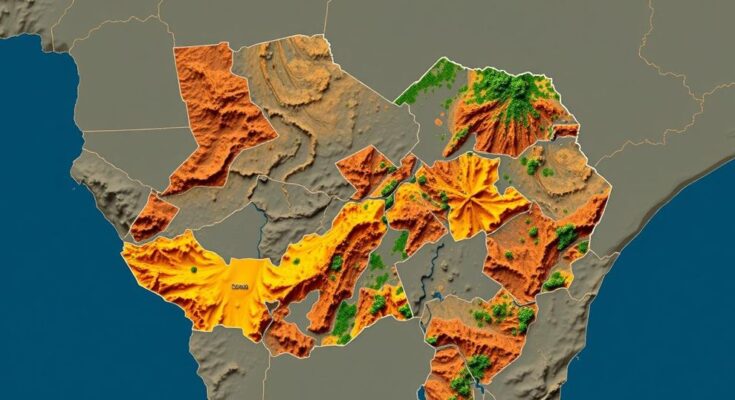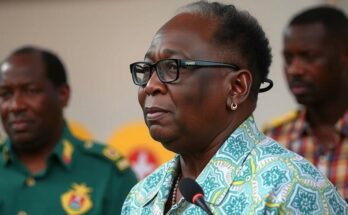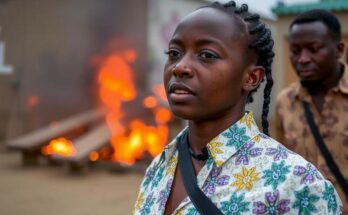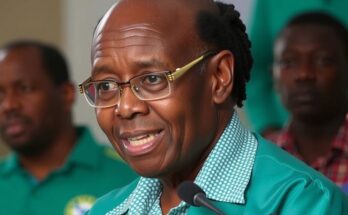The Democratic Republic of the Congo, primarily reliant on mineral extraction since its independence in 1960, has seen its economy transform under various political regimes. After the nationalization of foreign-controlled resources post-coup in 1965, the economy struggled due to corruption and civil conflicts, leading to significant declines in income and productivity. Recent reforms initiated in the early 21st century, in conjunction with international support, have begun to stabilize growth, while the agricultural sector remains central to the livelihoods of the population, albeit constrained by infrastructural challenges.
The Democratic Republic of the Congo (DRC) has a complex economic history that has evolved significantly since its independence in 1960. Initially, the DRC’s economy was primarily driven by mineral extraction, notably copper and diamonds, with substantial control exerted by foreign companies such as the Belgian Union Minière du Haut-Katanga (UMHK). This enterprise was pivotal in generating revenue for the Congolese government, significantly influencing foreign exchange earnings. Following a coup in 1965 led by Mobutu Sese Seko, the Congolese government sought to nationalize UMHK. This resulted in the establishment of the state company Générale des Carrières et des Mines (Gécamines), adopting a model that allowed private management to continue its operations. This shift marked the beginning of a broader economic strategy termed “Zairianization,” through which Mobutu consolidated economic power, leveraging state income to build a personal fortune and an extensive patronage network. Despite early support from international financial institutions and Western allies, the economy suffered notably in the 1970s and 1980s due to declining copper prices and rampant embezzlement. By the early 1990s, pressures for reform arose as the nation’s economic situation deteriorated, marked by a significant decline in productivity and income levels. The civil conflicts that erupted in the late 1990s further exacerbated these issues, leading to a near-collapse of the state’s formal economy. As the century turned, efforts to stabilize the economy gained traction, with initial moves toward a market-oriented framework that involved international financial institutions. Positive growth was recorded for the first time in over a decade in 2002, indicating some recovery attributable to post-conflict stability. Agriculture, alongside forestry and fishing, remains a primary livelihood avenue for the majority of the Congolese populace, with these sectors employing over three-fourths of the labor force and contributing significantly to the GDP. Despite the wealth of agricultural resources, infrastructural decay has pushed many farmers towards subsistence practices, leading to notable food imports. Coffee emerges as a key cash crop, albeit largely illicitly exported. Overall, while the potential for agricultural advancement exists, critical challenges need to be addressed.
The Democratic Republic of the Congo’s economic framework has been historically shaped by its vast mineral wealth and subsequent political developments that have influenced control over resources. Initially under heavy foreign control, nationalization efforts under Mobutu Sese Seko shifted the economic landscape but simultaneously entrenched corruption and mismanagement. International monetary aid initially provided support, but persistent economic decline and civil strife hindered development, ultimately necessitating a reassessment of economic policies at the start of the 21st century. The country’s agricultural sector is crucial for the sustenance of the local population yet faces severe structural challenges that complicate growth and self-sufficiency.
In conclusion, the economy of the Democratic Republic of the Congo reflects a tumultuous history marked by foreign exploitation, nationalization efforts, and eventual internal strife. While steps towards recovery and stabilization have begun to yield positive results, economic challenges persist, particularly in agriculture where infrastructural deficiencies undermine production. The need for holistic economic reforms remains critical to foster sustainable growth and improve the living conditions of the Congolese people.
Original Source: www.britannica.com




